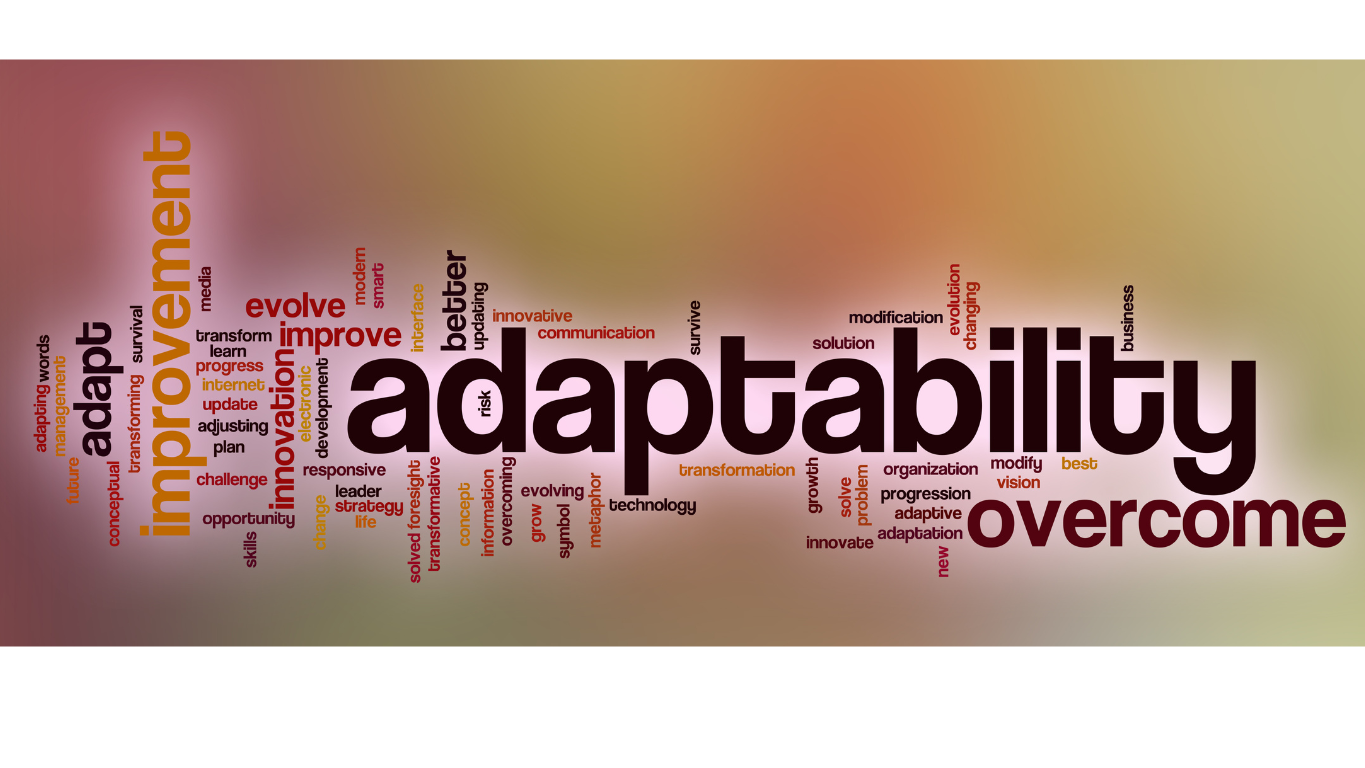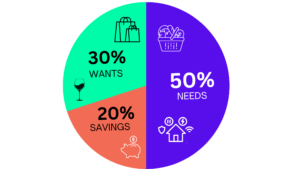In the dynamic landscape of financial management, the term “Zero Based Budgeting” has emerged as a beacon of strategic and efficient resource allocation. Whether you’re steering the financial ship of a business or navigating personal finances, understanding and implementing Zero Based Budgeting can be a game-changer.
From its core principles and tangible benefits to practical implementation steps and essential tools, we’ll equip you with the knowledge and insights needed to transform your approach to budgeting.
Table of Contents
What is Zero Based Budgeting?
Zero-Based Budgeting is a budgeting methodology that requires organizations and individuals to justify every expense from scratch for each budgeting period. The process involves examining each cost item, whether fixed or variable, and justifying its inclusion in the budget based on its necessity and contribution to organizational objectives or personal financial goals.
Key Principles of Zero Based Budgeting:
1. Starting from Zero: A Fresh Perspective on Budgeting
Zero-Based Budgeting adopts a radical departure from conventional budgeting methods. The fundamental principle involves commencing each budgeting cycle with a clean slate. Unlike traditional approaches that often rely on incremental adjustments to previous budgets, ZBB requires a complete reevaluation of every expense, ensuring that no assumption is made about the continued validity of past allocations.
2. Justification of Every Expense: Rigorous Evaluation
One of the cornerstones of Zero-Based Budgeting is the meticulous justification of every expense. Each cost item, whether fixed or variable, must be thoroughly evaluated based on its relevance to current objectives and activities. This principle fosters a culture of accountability, requiring departments or individuals to provide compelling reasons for the inclusion of each expense in the budget.
3. Cost-Effectiveness and Efficiency: A Driving Force
Zero Based Budgeting places a strong emphasis on cost-effectiveness and efficiency. By scrutinizing each expense item, organizations or individuals can identify opportunities for cost savings and resource optimization. This proactive approach ensures that resources are allocated with a keen eye on maximizing value and minimizing waste.

Benefits of Zero Based Budgeting:
1. Cost Optimization: Maximizing Efficiency
At the core of Zero-Based Budgeting lies the potential for significant cost optimization. By scrutinizing every expense and justifying its presence in the budget, organizations can identify and eliminate unnecessary costs. This proactive approach leads to increased efficiency and ensures that resources are allocated where they can generate the most value.
2. Strategic Alignment: A Clear Path to Goals
Zero-Based Budgeting forces a close alignment between budget allocations and strategic objectives. Each budgeting cycle prompts a reevaluation of organizational goals, ensuring that financial resources are directed toward initiatives that directly contribute to these objectives. This alignment enhances strategic focus and helps organizations make informed decisions that support long-term success.
3. Increased Accountability: Fostering Responsibility
Adopting Zero-Based Budgeting instills a sense of accountability at all levels of an organization. Departments and individuals must justify their budget requests, promoting a culture of responsibility and transparency. This heightened accountability ensures that financial decisions are made thoughtfully and align with the overall financial strategy.
4. Flexibility and Adaptability: Responding to Change
In a dynamic business environment, adaptability is key to success. Zero Based Budgeting’s fresh-start approach allows organizations to be agile in responding to changes in the market, industry, or internal circumstances. The ability to reassess and reallocate resources based on current needs enhances overall flexibility.

Implementing Zero Based Budgeting: Step-by-Step Guide:
Now that we’ve explored the principles and benefits of Zero-Based Budgeting, it’s time to dive into the practical side. Implementing Zero-Based Budgeting requires a strategic approach and a commitment to financial discipline. In this section, we’ll provide you with a step-by-step guide to help you seamlessly integrate Zero-Based Budgeting into your organizational or personal financial practices.
1. Initiate a Mindset Shift: Embrace the Fresh Start
- Communicate the shift to all stakeholders, emphasizing the importance of starting each budgeting cycle with an open mind and a clean slate.
- Encourage a culture of accountability and responsibility among team members.
2. Identify Decision Units: Define Budget Responsibility
- Divide the organization or personal budget into decision units, each responsible for specific activities or functions.
- Assign budgetary responsibilities to the relevant decision units, ensuring clarity and ownership.
3. Define Decision Packages: Break Down Expenses
- Create decision packages for each expense, outlining the details and justifications for inclusion in the budget.
- Include cost estimates, benefits, and the impact on strategic goals for each decision package.
4. Evaluate Decision Packages: Rigorous Assessment
- Conduct a thorough evaluation of each decision package, assessing its necessity, cost-effectiveness, and alignment with organizational or personal goals.
- Prioritize decision packages based on strategic importance and resource optimization.
5. Budget Allocation: Justify Every Dollar
- Allocate budget resources based on the approved decision packages, ensuring that every dollar is justified and contributes to organizational or personal success.
- Monitor and adjust allocations as needed throughout the budgeting cycle.
6. Continuous Monitoring and Review: Foster Adaptability
- Implement a system for continuous monitoring of budget performance.
- Conduct regular reviews to identify changes in priorities or unforeseen circumstances, allowing for timely adjustments.
Zero Based Budgeting Tools and Resources:
having the right tools and resources can significantly enhance your effectiveness. In this section, we’ll explore a range of tools and resources designed to streamline the implementation of Zero-Based Budgeting, whether for businesses or individuals.
1. Budgeting Software: Harnessing Technology for Precision
- Purpose: Utilize dedicated budgeting software to automate the Zero-Based Budgeting process.
- Benefits: Streamlines expense tracking, facilitates decision package creation, and provides real-time insights into budget performance.
- Tools: Examples include YNAB (You Need A Budget), Mint, or EveryDollar.
2. Zero-Based Budgeting Templates: Simplifying the Process
- Purpose: Leverage pre-designed templates to structure decision packages and budget allocations.
- Benefits: Ensures consistency in the budgeting process, expediting the creation of decision packages.
- Tools: Microsoft Excel or Google Sheets often have customizable budget templates available.
3. Training Programs and Workshops: Enhancing Skillsets
- Purpose: Invest in training programs or workshops to educate team members or yourself on the principles and implementation of Zero-Based Budgeting.
- Benefits: Develop a deeper understanding of ZBB concepts and best practices.
- Resources: Online platforms like Udemy or LinkedIn Learning offer courses on budgeting and financial management.
4. Consulting Services: Expert Guidance
- Purpose: Engage with financial consultants specializing in Zero Based Budgeting.
- Benefits: Gain personalized insights and guidance tailored to your organization or individual financial goals.
- Resources: Firms like Deloitte or Accenture often provide consulting services related to budgeting strategies.
5. Community Forums and Support Groups: Shared Experiences
- Purpose: Connect with others implementing Zero Based Budgeting to share experiences and insights.
- Benefits: Learn from real-world examples, troubleshoot challenges, and stay motivated on your financial journey.
- Resources: Platforms like Reddit (e.g., r/personalfinance) or specialized budgeting forums offer community support.
As you integrate Zero Based Budgeting into your financial strategy, remember that success is not just about the budgeting process itself but the continuous commitment to improvement. Stay informed, adapt to change, and seek support when needed.
In the pursuit of financial excellence, the power of Zero Based Budgeting lies not only in its methodology but in its ability to empower individuals and organizations to make informed, strategic, and sustainable financial decisions.




